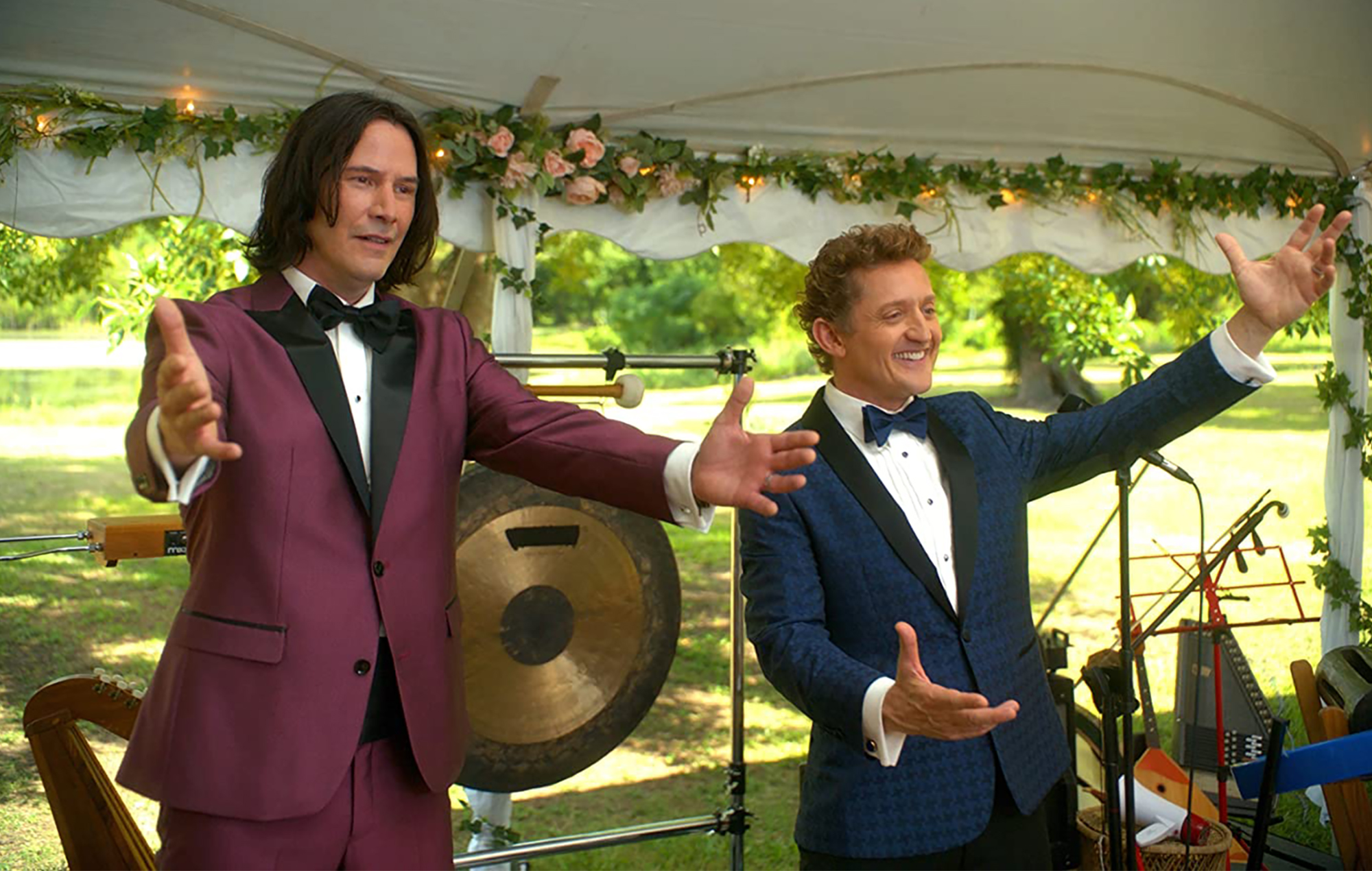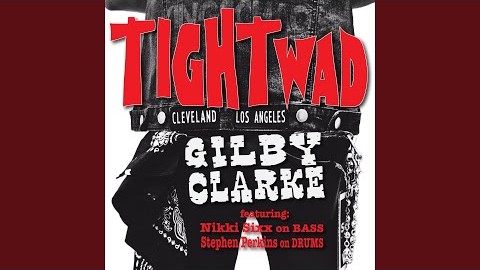
RPGs are often slow starters, chipping through blocks of lore and backstories before hitting their strides. Not so with Eastward. This confident action-RPG had me at hello with its glorious pixel art, irresistible protagonists and elegant dungeoneering. By the time its characters boarded a train to depart from the opening location, Potcrock Isle, I was very much on board.
If only I could have sustained that sense of anticipation and excitement, but it wasn’t to be. As it turns out, developer Pixpil hadn’t dissolved those big narrative lumps so much as punted them down the track, where they waited to ambush me with a vengeance.
There is plenty to love about Eastward, however, most of it skilfully built on lessons learned from the golden age of 2D JRPGs. Much of my initial delight stemmed from the palpable 90s vibe seeping through the experience, from bulbous headed villagers loitering outside their homes, to the wibble-wibble squeaks that stand in for their speech.
In particular, that pixel art (and accompanying eclectic soundtrack) took me back to Square’s SNES triumphs, Final Fantasy VI and Secret of Mana. Eastward looks more sumptuous than they ever did, with its dynamic lighting, HD detail and plethora of animated NPCs. There’s technological prowess poking through its scene of sun-kissed wheat bristling around a village of junked ships, or the efficient characterisation of a man in rags who nervously pokes a hand through a hole in his shirt. Yet the nature and furniture in Eastward still feel like they’ve emerged from bulky grey cartridges that measure their worlds in megabits.

There’s another SNES classic at the heart of the game, too, as Eastward holds high fantasy at arm’s length, ushering in a mix of ordinary and bizarre that’s reminiscent of Nintendo’s Earthbound (there’s also a bonus 8-bit turn-based RPG within the game called Earth Born, which is presumably a reference). Taking place in a civilisation budding from the ruins of our own – or something like it – everyday routines and oddball personalities rub against mysterious conspiratorial powers and technologies. And since the main speaking character is a child, Eastward shares Earthbound’s playful bravado and wide-eyed wonder.
That child is Sam, herself the plot’s central enigma, and half of a delightful duo of player characters. The other is her adoptive father, John, who’s as unremarkable as his name suggests – like a silent, muddy lumberjack, whose only parental instinct seems to be that of physical protection. As he ambles with his hands stuffed in his pockets, his face obscured by facial hair, who can say what he thinks about anything, if he does much at all. Sam, conversely, is an enthusiastic duckling, draped in an over-sized jumper and framed by her mane of white hair. The contrast between them pulls them together in endearing mutual dependency, like a sweeter version of Joel and Ellie from The Last of Us.
They also make a good action team. Usually, when you’re outside of settlements – in caves, forests and abandoned ruins – you directly control one and the other tucks in close behind, but you can switch the lead at any time to call on their unique talents. John is the muscle, an RPG workhorse always ready to dive into scraps or get his hands dirty. Plus he owns a frying pan, which he uses for cooking but also for deflecting projectiles and knocking hell out of monsters with quiet gusto. Sam can shoot an energy missile that freezes enemies in place just long enough for John to give them a good panning.

These offensive options, along with bombs and a few other weapons John acquires, double up as puzzle-solving devices, helping you hit switches and pressure pads or break obstacles to forge a path forward. If this sounds familiar, that’s because Eastward also draws on Zelda: A Link to the Past for inspiration (and even Breath of the Wild in a couple of cases, such as its cooking mini-game). Its only real departure from the old formula is the dual character dynamic, especially when you need to split Sam and John up, controlling one at a time so they can approach puzzles from different directions.
There’s nothing as brain torturing here as Zelda’s grandest interlocking conundrums, and I was rarely unsure what to do for more than a few seconds. But that’s in part because Eastward is never needlessly fussy or obtuse. There’s a tidy clarity to layouts, and the reactions of the objects and scenery within. Any challenge comes from execution – whacking bombs across gaps with the pan, or timing individual interventions from Sam and John to make multiple pieces fall in place at once.
The problem is that as the game progresses the action becomes more thinly interspersed, and what sits between is far less engaging. There are only a handful of settlements in Eastward, each packed with bright characters, and each with a few hostile areas spoking off them that you’ll explore when the plot decrees. But, ultimately, you spend much more time hanging around conversing than off adventuring, and no matter how lovely the neighbours are, it becomes a drag.

As with many 90s JRPGs, Eastward flicks between a solemn main story arc about the fate of humanity, and incidental side plots or irreverent distractions. Yet on that count I don’t think it builds on the past so much as misinterprets it, expanding and overwriting elements that used to appeal with their brevity. What would once have been short skits mutate into great chunks of pantomime, piling in characters there’s no reason to care about. The sheer quantity of dialogue is impressive, but that blessing becomes a curse as the intrusions of dozens of personalities shove you from the main breadcrumb trail until you can’t recall what was going on, often without leading to satisfying conclusions of their own.
With a scatty and grandiose script, many of the minor emotional payoffs Eastward aims for aren’t well earned, and much of its humour is simply corny. Yes, it’s exactly the sort of thing those older games got away with, but in short bursts. Here it sends dialogue on winding detours to gamble players’ patience on idiotic comic relief characters and dated risqué allusions. I often felt the urge to shout “Get on with it!”
Perhaps if there was more to actually do in these sequences the pacing would feel more generous. But there really isn’t much, aside from a few mini-game interludes – certainly no puzzles or investigations to get stuck into. Mostly, it’s a case of traipsing around, finding different people to talk to. And with that comes some egregious padding, sending you across town to find something or someone, only to be told they’re back where you started.
Eastward is a very good 12-15-hour experience bouncing around inside a 20-hour plus slog. That may not sound like too much slack, but it’s enough to deaden the momentum on the whole. It’s doubly frustrating because I adore some aspects of the game. Every location drips with painstaking artistry, and the dungeons – comforting respites from the bore of civilisation – only get more enjoyable as they increase in danger and complexity. Eastward is a beautiful journey with two great travel companions, which can’t stop interrupting itself.
Eastward is releasing on PC and Switch on 16th September. We tested the PC version.
The Verdict
In many ways, Eastward is the perfect evolution of 90s JRPGs, with its gorgeous artwork, endearing protagonists and well-designed dungeons that offer a satisfying blend of combat and puzzles. But it goes overboard with its story, packing in uninspired characters and giving them too much screen time. It’s a lot to sit through to get to the good bits.
Pros
- The pixel art expertly blends nostalgia with modern detail
- John and Sam are a great pair of main characters
- Combat and puzzles are both neatly executed
Cons
- Too many characters and storylines slow the pace right down
- The dialogue feels overwritten
The post ‘Eastward’ review: An artful ode to classic JRPGs that doesn’t know when to stop talking appeared first on NME.









